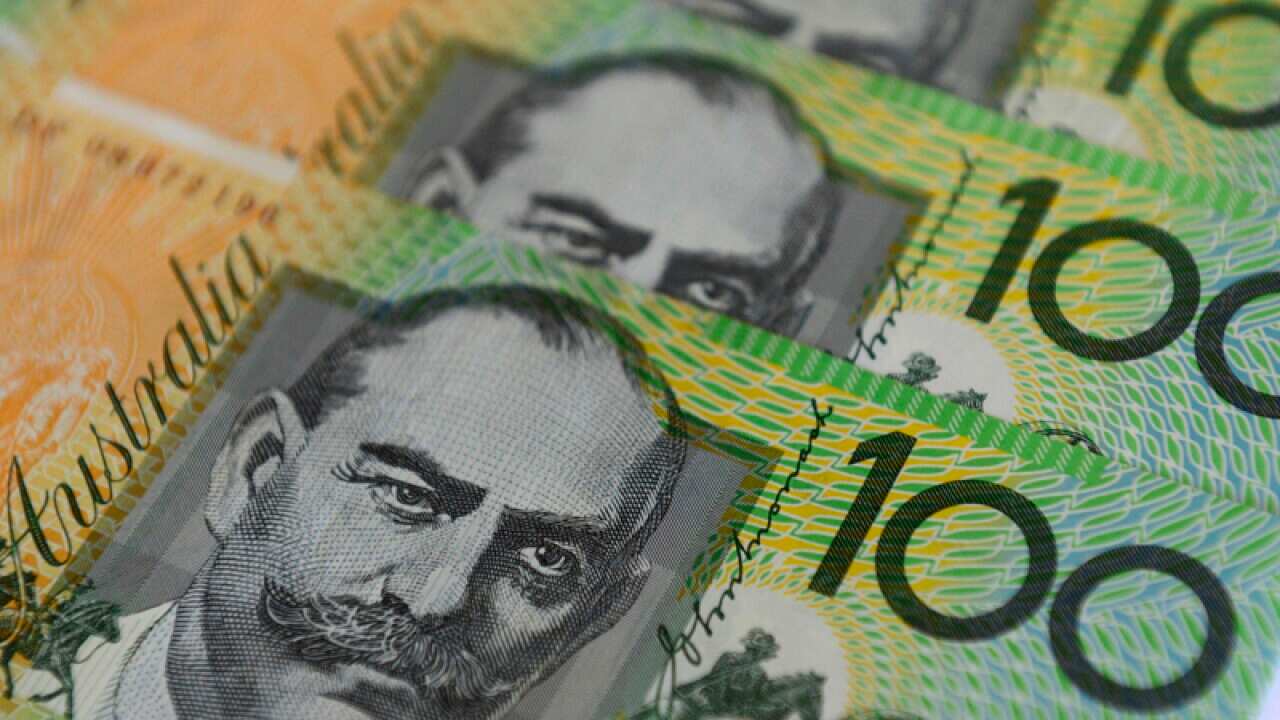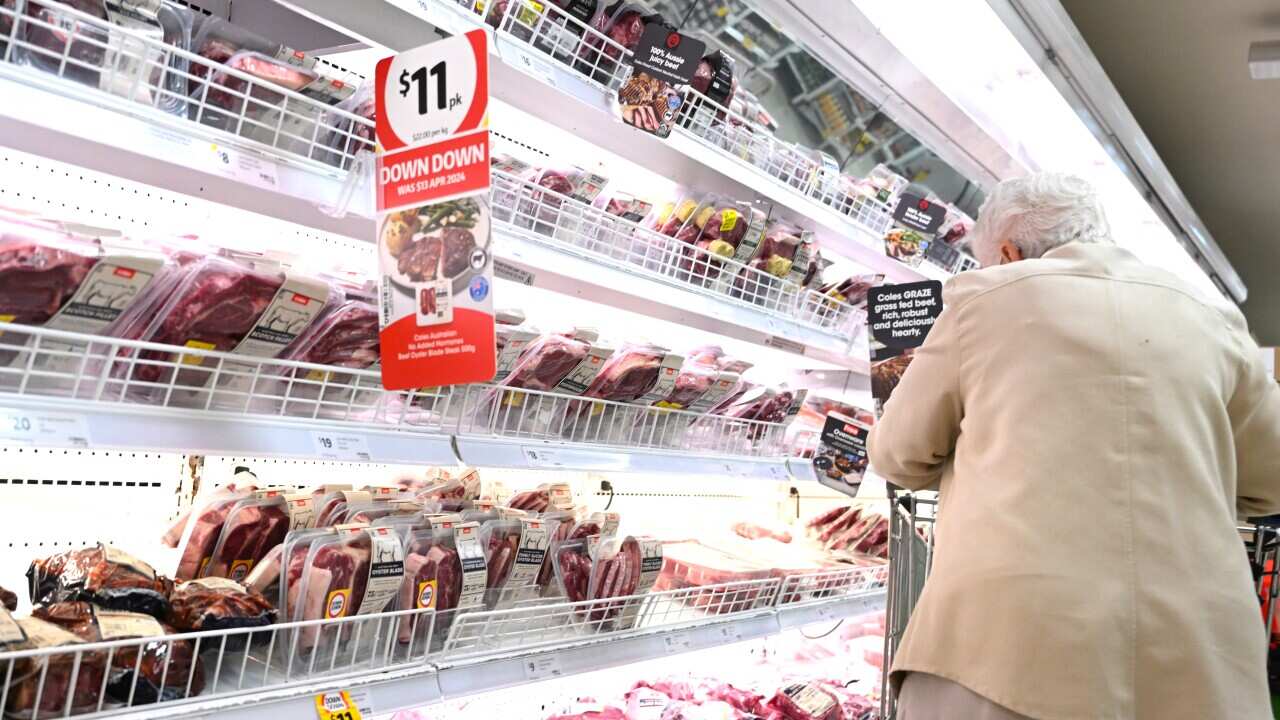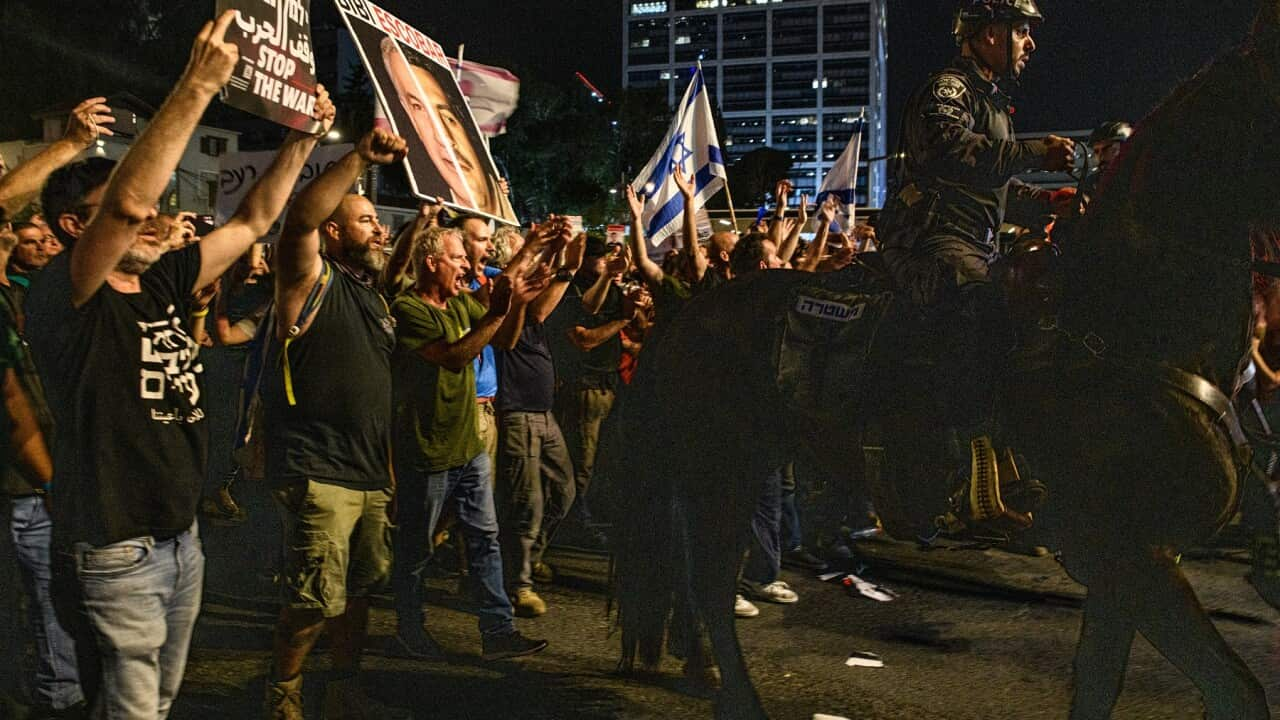TRANSCRIPT
The Australian government has updated the travel warning for New Caledonia, as violent civil unrest has left a number of people dead and hundreds injured.
There is anger over changes to voting rules that has put the spotlight again on the push for independence from the territory's Indigenous Kanak people - 40 per cent of the population.
France's President Emmanuel Macron has declared a state of emergency in the territory, warning that the unrest violence would be met with a strong response.
French Prime Minister Gabriel Attal says those killed includes two French military personnel or gendarmes.
"The situation there remains very tense, with looting, riots, fires and assaults that are obviously intolerable and unspeakable. I would remind you that two gendarmes have died. A gendarme was shot in the head yesterday. Another gendarme died today as a result of a weapon mishandling. You can well imagine the state of fatigue and tension among our security forces on the ground and that led to this this incident."
So far, the arrest of over 200 protesters, the use of security forces and the ordering of a night-time curfew has failed to halt the worst violence seen in New Caledonia since the 1980s.
Mr Attal says France has sent an additional 1,000 security personnel to the archipelago - to bring the total number of law enforcement to 2,700.
The Prime Minister says France will continue to clamp down on any disrupters until peace is restored.
“To restore order, the president of the republic has called for the utmost firmness against looters and rioters. A penal circular will therefore be published by the minister of justice in the next few hours to guarantee the most severe sanctions against rioters and looters."
But what exactly caused this unrest in the first place?
Well, it stems from hotly-disputed changes to voting rules in New Caledonia that Indigenous leaders say will dilute their vote.
The archipelago of about 300,000 people is located between Australia and Fiji.
It was colonised by France in 1841 and made into a French overseas territory in 1946.
In order to help end long-simmering tensions and outbursts of violence, France signed the Nouméa Accord of 1998.
The Accord restricted voting in local elections to the Indigenous people and migrants who have been living in New Caledonia before 1998.
It also allowed for three referendums to determine the future of the country and, in all three, independence from France was rejected.
Voter turnout in the last referendum was impacted by a boycott from pro-independence groups.
What has triggered the latest violence are controversial constitutional changes that would grant French residents who have lived in the territory for 10 years, voting rights.
This protester says the concern among Indigenous Kanak people is that this change would dilute their political influence.
"We feel oppressed, we are angry. Everything is taking place over there, and we are wondering - are we being heard, we the Kanak people?"
Dominique Fochi, secretary-general of New Caledonia’s pro-independence Kanak party, the Caledonian Union, was in Paris when riots first flared up on the evening of May 13th.
He's part of a group of Kanak representatives who met with politicians in Paris in an attempt to get them to withdraw the bill.
He says all parties share blame for the unrest in New Caledonia and the French government should have listened closely to the concerns of Indigenous residents.
"People mobilised to alert, alert public opinion, alert state authorities of the risks of making history repeat itself. We are not here today to find who’s to blame, to point fingers at each other. Everyone must be responsible for this situation. But I think that the pro-independence groups were not listened to enough, otherwise we could have avoided this.”
As the unrest continues, the International Airport in Nouméa remains closed and all flights have been cancelled until further notice.
Australian Foreign Minister Penny Wong called for calm in the region - and told Australians to reconsider travel plans to New Caledonia and to exercise caution within the region.
"The government has increased the overall level of advice for New Caledonia and now advises travellers to exercise a high degree of caution. DFAT is also advising Australians in Nouméa to minimise movement, monitor the media and follow the advice of local authorities. I, again, take this opportunity to repeat Australia's call for calm. We respect and support the referendum process under the Nouméa Accord and the discussions underway between all parties. We encourage all parties to work together constructively to shape New Caledonia's institutional future."













